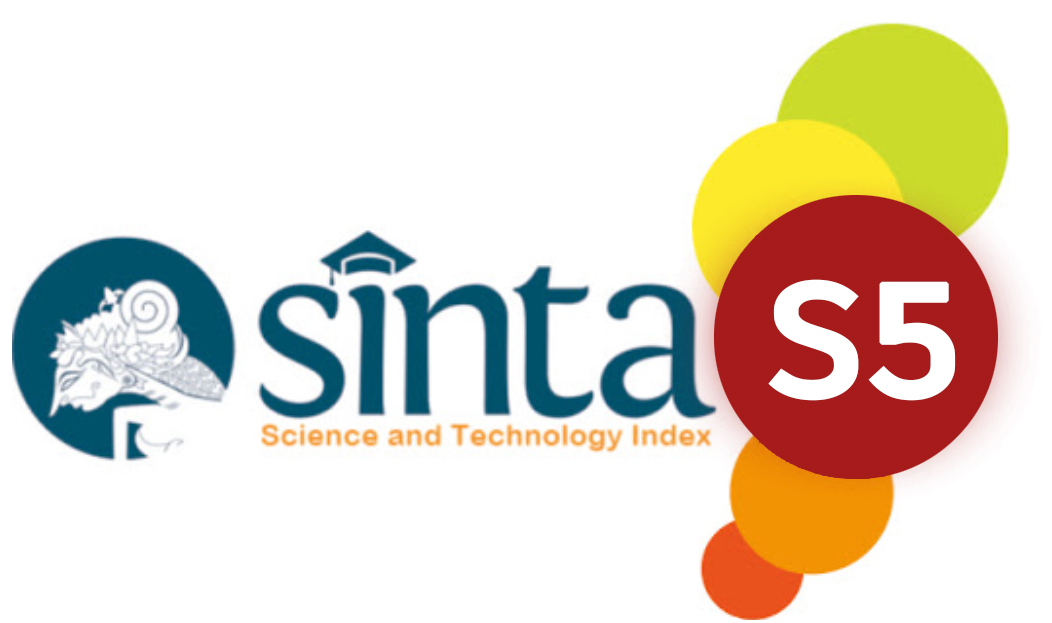Self-Efficacy, Literasi Keuangan, Sosial dan Investasi Saham ESG
DOI:
https://doi.org/10.31004/riggs.v4i2.468Keywords:
Self-Efficacy, Financial Literacy, Social Influence, Investasi Saham ESG, Keputusan Investasi MahasiswaAbstract
Investasi saham berbasis Environmental, Social, and Governance (ESG) semakin diminati karena relevansinya dengan keberlanjutan. Penelitian ini bertujuan untuk menganalisis pengaruh self-efficacy, literasi keuangan, dan pengaruh sosial terhadap keputusan investasi saham ESG di kalangan mahasiswa Sastra Inggris Universitas Dian Nusantara. Pendekatan kuantitatif digunakan dalam penelitian ini, melibatkan 171 responden yang dipilih melalui purposive sampling. Data dikumpulkan menggunakan kuesioner terstruktur dan dianalisis dengan regresi linear berganda. Hasil penelitian menunjukkan bahwa ketiga variabel, yaitu self-efficacy, literasi keuangan, dan pengaruh sosial, memiliki pengaruh positif dan signifikan terhadap keputusan investasi saham ESG. Literasi keuangan menjadi faktor paling dominan dalam memengaruhi keputusan investasi. Temuan ini menekankan pentingnya pengembangan kompetensi keuangan dan kepercayaan diri mahasiswa dalam mendukung pengambilan keputusan investasi yang lebih bijaksana dan bertanggung jawab terhadap keberlanjutan. Kesimpulannya, penelitian ini memberikan kontribusi dalam memahami faktor-faktor yang memengaruhi preferensi investasi generasi muda terhadap saham ESG. Hasil ini penting untuk pengembangan program edukasi keuangan dan promosi investasi berkelanjutan di kalangan mahasiswa..
Downloads
References
Bandura, Self-efficacy (the exercise of control.). New York: W.H. Freeman and Company, 1997.
C. Moser and A. Martin, “The role of financial literacy in sustainable investing: Evidence from a survey of individual investors,” J. Financ. Plan., vol. 29, no. 8, pp. 48–58, 2021.
S. Ali, M. Anwar, and A. Jadoon, “Impact of financial literacy on investment decision-making of university students,” J. Econ. Bus., vol. 3, no. 1, pp. 54–62, 2020.
R. Bagozzi and U. Dholakia, “Intentional social action in virtual communities,” J. Interact. Mark., vol. 20, no. 2, pp. 34–45, 2016.
R. Smith and C. Hsieh, “The role of self-efficacy in the financial decision-making process: A study of college students,” J. Econ. Psychol., vol. 2, no. 3, pp. 10–23, 2021.
J. Grable and S. Joo, “Environmental influences on the financial behaviors of young adults: A multilevel analysis.,” J. Financ. Couns. Plan., vol. 27, no. 2, pp. 254–268, 2016.
A. Lusardi and O. Mitchell, “The economic importance of financial literacy: Theory and evidence,” J. Econ. Lit., vol. 52, no. 1, pp. 5–15, 2014.
T. Khan, M. Atif, and A. Ali, “Social influence and investment decisions: A study on the impact of peer pressure in investment decisions,” Int. J. Financ. Bank. Stud., vol. 10, no. 1, pp. 47–58, 2021.
D. Zhang, Y. Wu, and X. Chen, “The impact of self-efficacy on investment decisions in sustainable finance,” J. Sustain. Financ. Invest., vol. 10, no. 3, pp. 225–240, 2021.
F. Fernández and A. Garcés, “The role of financial literacy in the adoption of sustainable investment practices,” J. Sustain. Financ. Invest., vol. 10, no. 2, pp. 169–181, 2020.
Y. Wang, M. Miao, and Z. Jiang, “Understanding the impact of ESG factors on investment decisions: A study of Chinese university students.,” J. Clean. Prod., vol. 3, no. 5, pp. 267–277, 2020.
A. Sadeghi, N. Ebrahimi, and M. Khan, “The effect of social influence on individual investment decision-making,” J. Behav. Financ., vol. 22, no. 2, pp. 119–135, 2021.
Downloads
Published
How to Cite
Issue
Section
License
Copyright (c) 2025 Lutfi Alhazami, Irma Rahmawati

This work is licensed under a Creative Commons Attribution 4.0 International License.




























